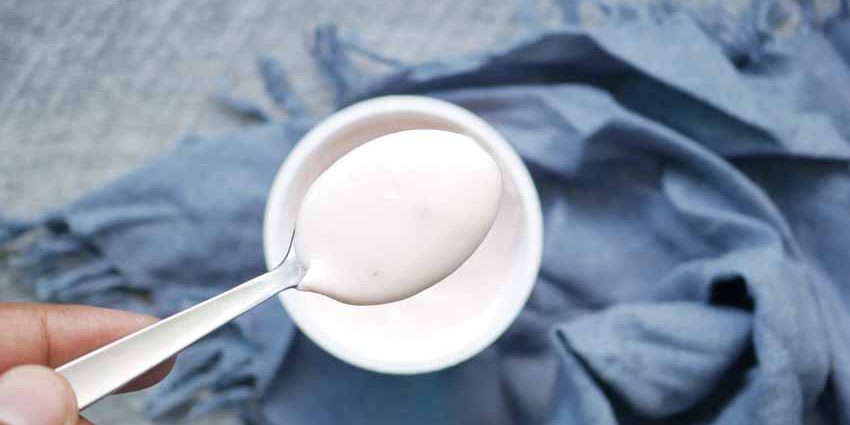In terms of sustainability, health and cost-efficiency, so-called hybrid products make a lot of sense. But not everyone agrees on their potential.
Until now, most “hybrid” products have consisted of burgers, sausages or mince made from a a blend of plant proteins and animal meat. Recently, however, thanks to the latest technological developments, promising trials are being made incorporating mushrooms, cultured fat and dairy products obtained from precision fermentation.
Here are some examples.
Cultured cell-based yoghurts
Israeli company Wilk has developed a yoghurt that is the first food product to incorporate a cell-cultured dairy ingredient. The product contains the main component of fat grown from cells, ensuring that it retains the inherent nutritional benefits found only in real dairy fats.
“Milk fat has long been known to be critical to human health and nutrition, contributing to the absorption of key nutrients, such as vitamins D and E and calcium, into the blood, while providing a rich source of antioxidant, anti-inflammatory and anti-cancer properties,” said Tomer Aizen, CEO of Wilk.
Hamburgers with cultivated fat
On the premise that no one wants to eat a coconut-flavoured burger, UK-based srtat-up Hoxton Farms uses cell biology and mathematical modelling to make a better kind of fat. From a few cells, they grow purified animal fat in bioreactors to produce “a delicious, sustainable and cruelty-free ingredient”.
In this way, by combining cultured fat with plant-based ingredients, they achieve a hybrid product that manages to resemble the taste of real meat.
Hybrid products based on high-moisture extrusion technology
HybridFoods is a research project led by Nofima, the Norwegian Food Research Institute. The main objective of the project is to develop novel, sustainable and nutritious hybrid meat analogues based on high-moisture extrusion technology, combining plant proteins with ingredients derived from fish and poultry by-products, seaweed, microalgae and insect larvae.
Cheese substitute based on milk protein, faba bean and insects
AZTI, in collaboration with Blendhub and Insektabel , has developed a cheese substitute based on dairy protein, faba bean and tenebrio flour. Tenebrio larvae are of great interest as they have recently been declared safe for human consumption by EFSA.
In addition, the analysis of physicochemical characteristics, texture characterisation, sensory analysis and nutritional profile are very positive, indicating that this hybrid is a good option for formulating products with a lower presence of animal protein.
The future of hybrid food products
Despite the potential of these products, it seems that something is not quite right in their general acceptance, although there is no consensus as to why. In any case, it seems that hybrid alternatives have not yet found their audience. Is it a question of giving the most realistic experience to consumers of plant-based products, or is it a question of convincing those who want to diversify their vegetarian diet?
Clarifying these questions will help to define the messages that will appeal to consumers.
